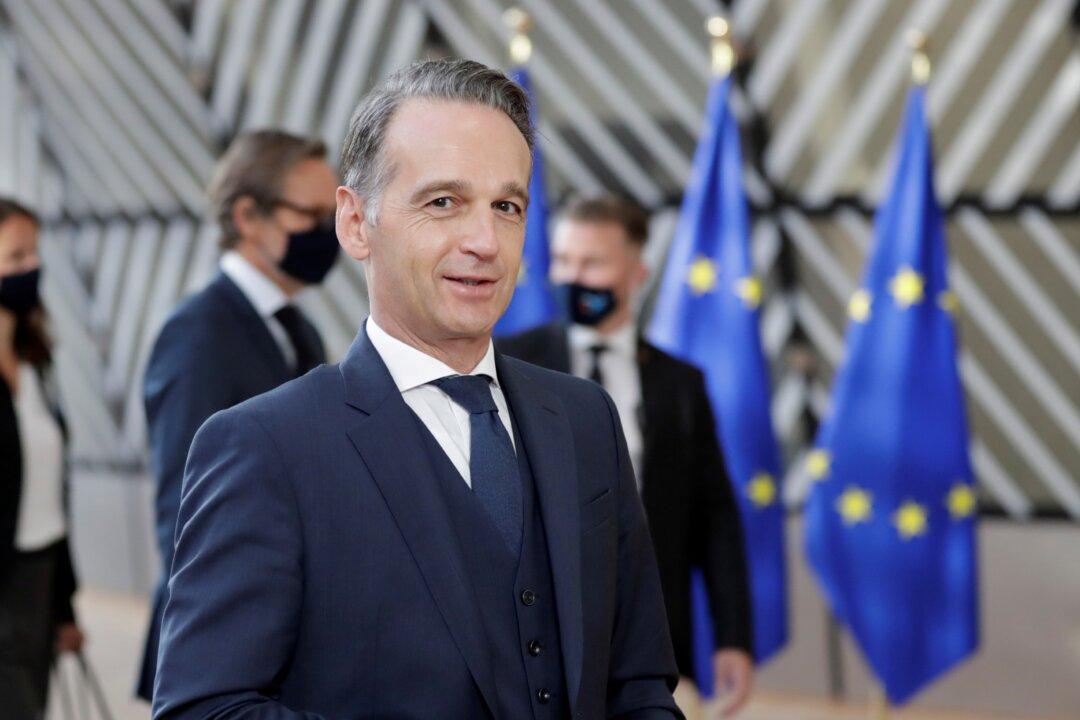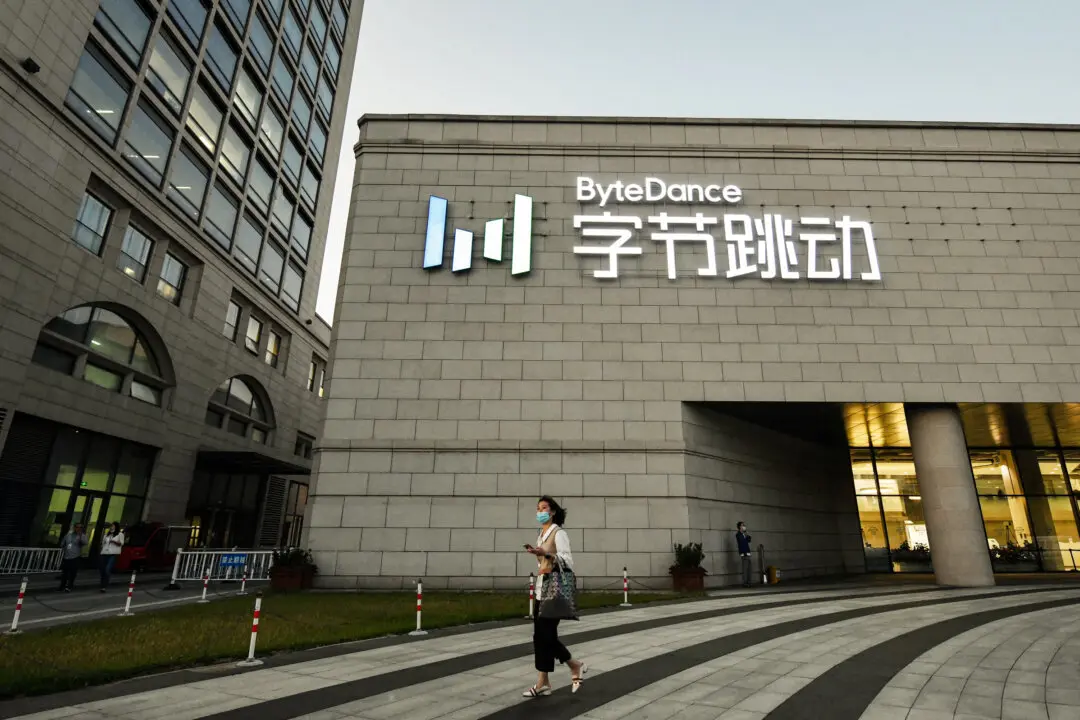German Foreign Minister Heiko Maas has indirectly criticized the Chinese regime for taking the COVID-19 pandemic as an opportunity to expand its influence through “vaccine diplomacy.” He called on the international community to counter China’s expanding influence in Africa and Latin America, and warned against the regime’s tactic to divide Europe.
Maas gave a speech at the Ecumenical Church Congress in Frankfurt, Germany on May 15. He said that some countries are trying to increase their geopolitical influence through vaccine diplomacy—referring to China and Russia, according to a report by World Today News.




